When it comes to our beloved pets, ensuring their health and well-being is a top priority. Just like humans, pets require regular check-ups to maintain their health and happiness. This article will guide you through the essential pet health check-ups every owner should know, offering insights into routine vet visits and essential pet exams to keep your furry friends in peak condition.
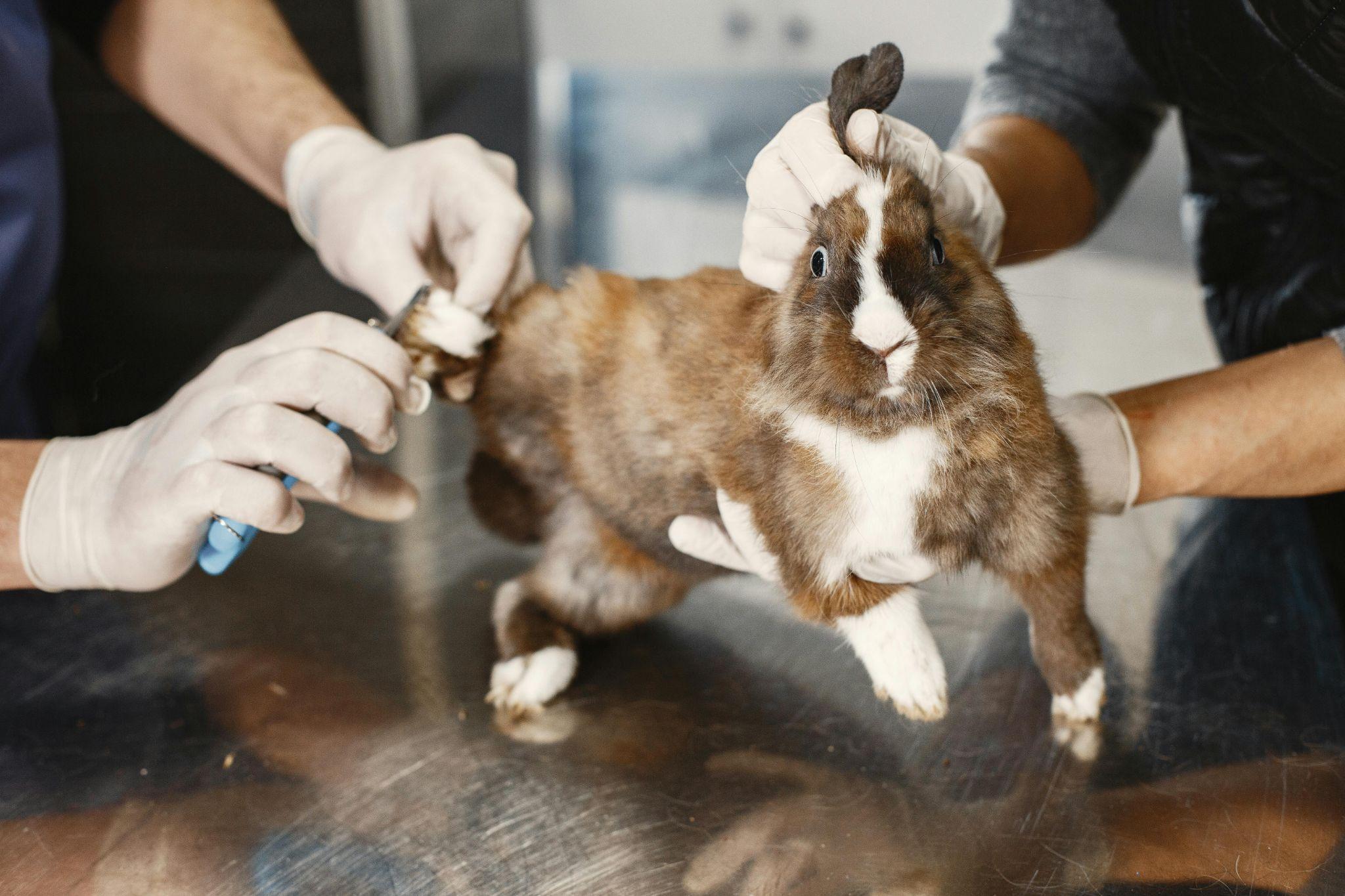
Why Routine Vet Visits Matter
Routine vet visits are crucial for maintaining your pet’s health. Regular check-ups allow for early detection of potential issues, ensuring timely intervention and treatment. But what exactly happens during these visits, and why are they so important?
Benefits of Regular Vet Visits
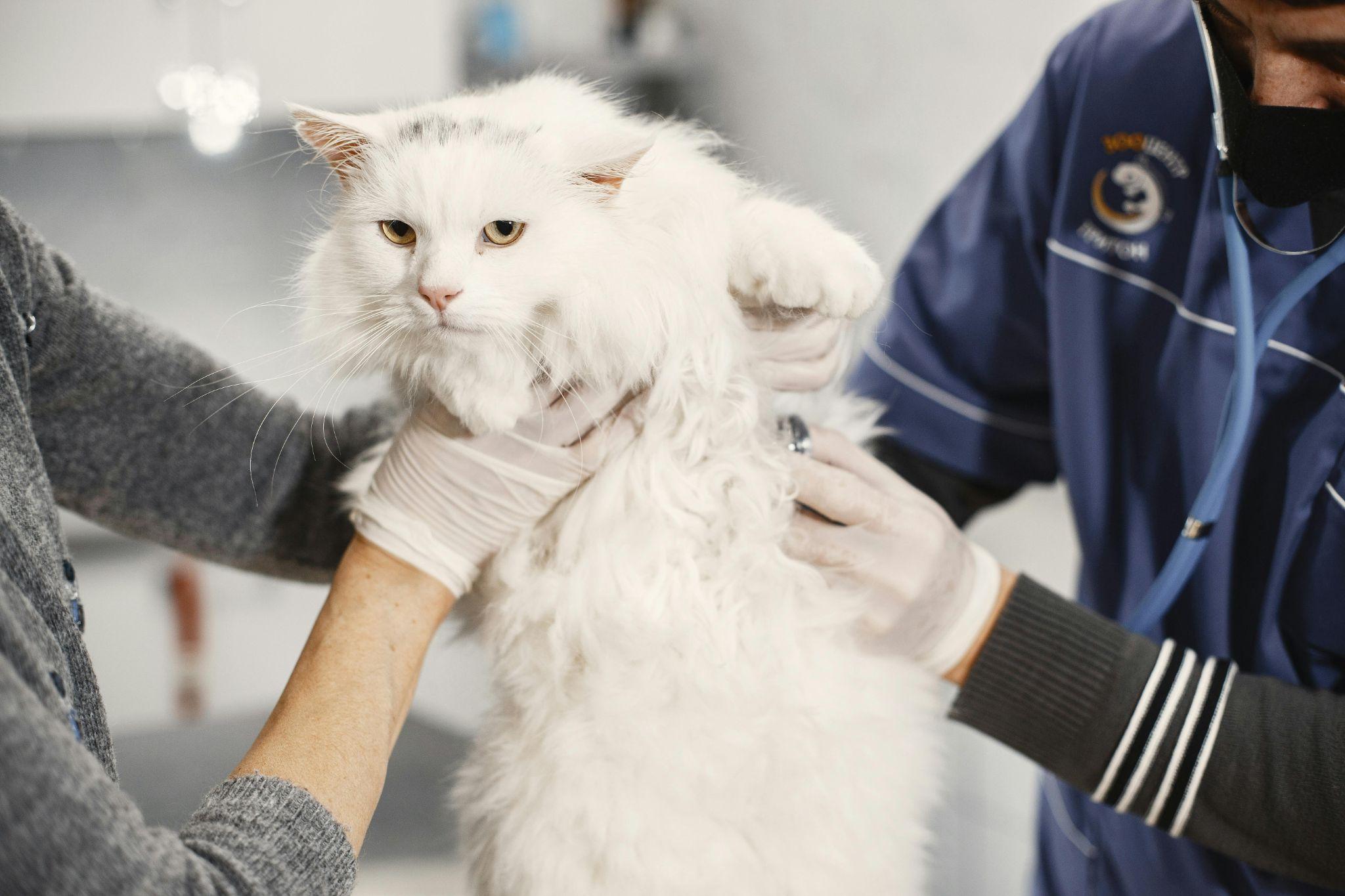
- Early Disease Detection: Regular check-ups enable veterinarians to spot diseases before they become severe.
- Vaccination Updates: Keeping your pet’s vaccinations current helps prevent infectious diseases.
- Weight Management: Monitoring your pet’s weight is essential for overall health.
- Dental Health: Vets can identify dental issues that you might not notice at home.
- Behavioral Assessment: Changes in behavior can signal health problems, and your vet can offer guidance.
How Often Should You Visit the Vet?
- Puppies and Kittens: Every 3-4 weeks until they are about 16 weeks old.
- Adult Pets: At least once a year, or more frequently if they have ongoing health issues.
- Senior Pets: Every 6 months, as they are more susceptible to age-related health problems.
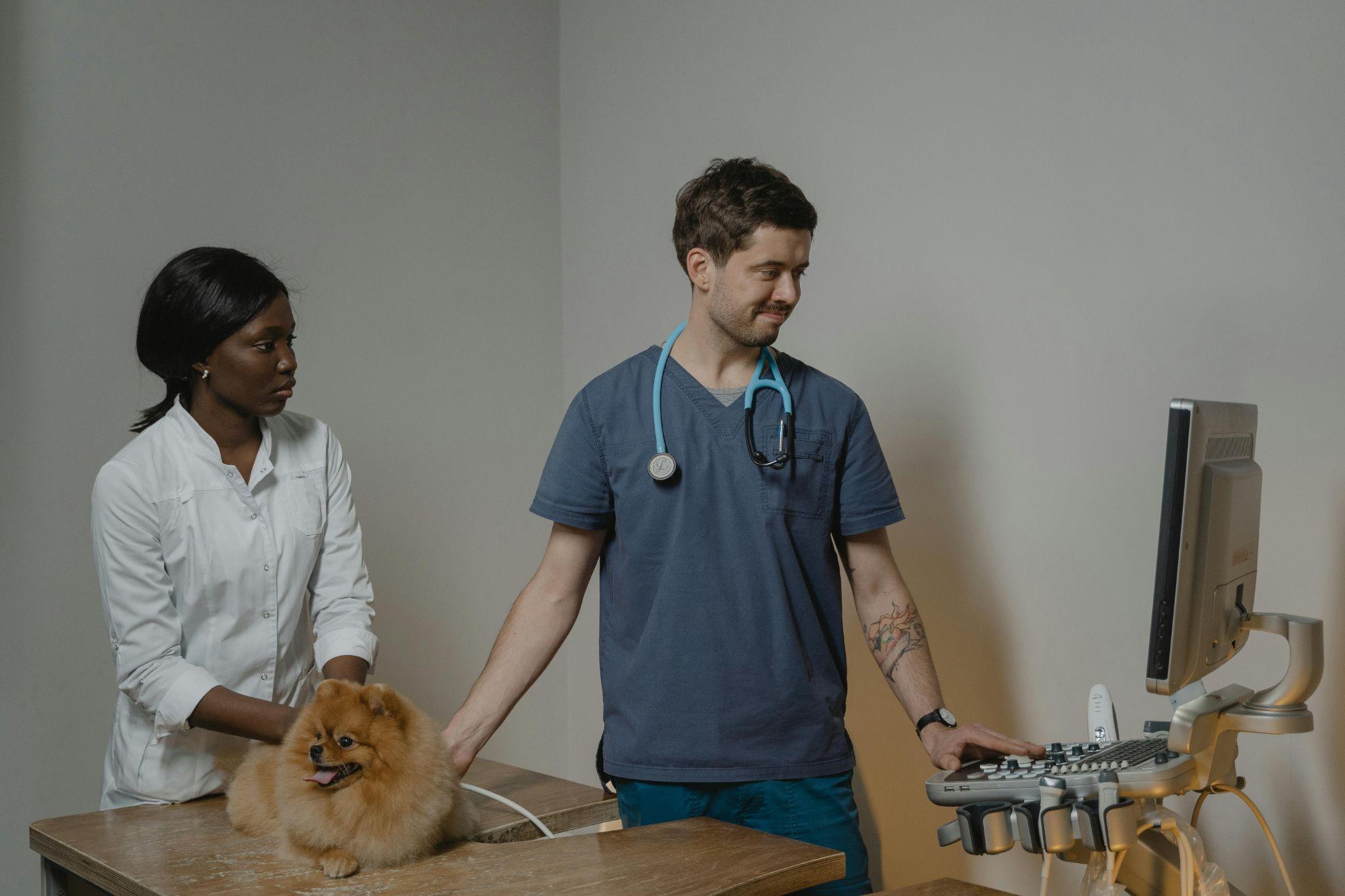
Essential Pet Health Check-ups Every Owner Should Know
To ensure your pet remains in top shape, there are several essential health check-ups that you should be aware of. These check-ups help in the early identification and treatment of potential health issues. https://truepetslove.com/product/furhaven-xxl-cooling-gel-foam-bed/
Annual Wellness Exam
What It Includes
- Physical Examination: Assessing vital signs, weight, and overall condition.
- Vaccinations: Updating or administering necessary vaccines.
- Parasite Prevention: Checking for fleas, ticks, and worms.
- Blood Tests: Screening for common conditions like diabetes or kidney disease.
Dental Check-ups
Importance of Dental Health
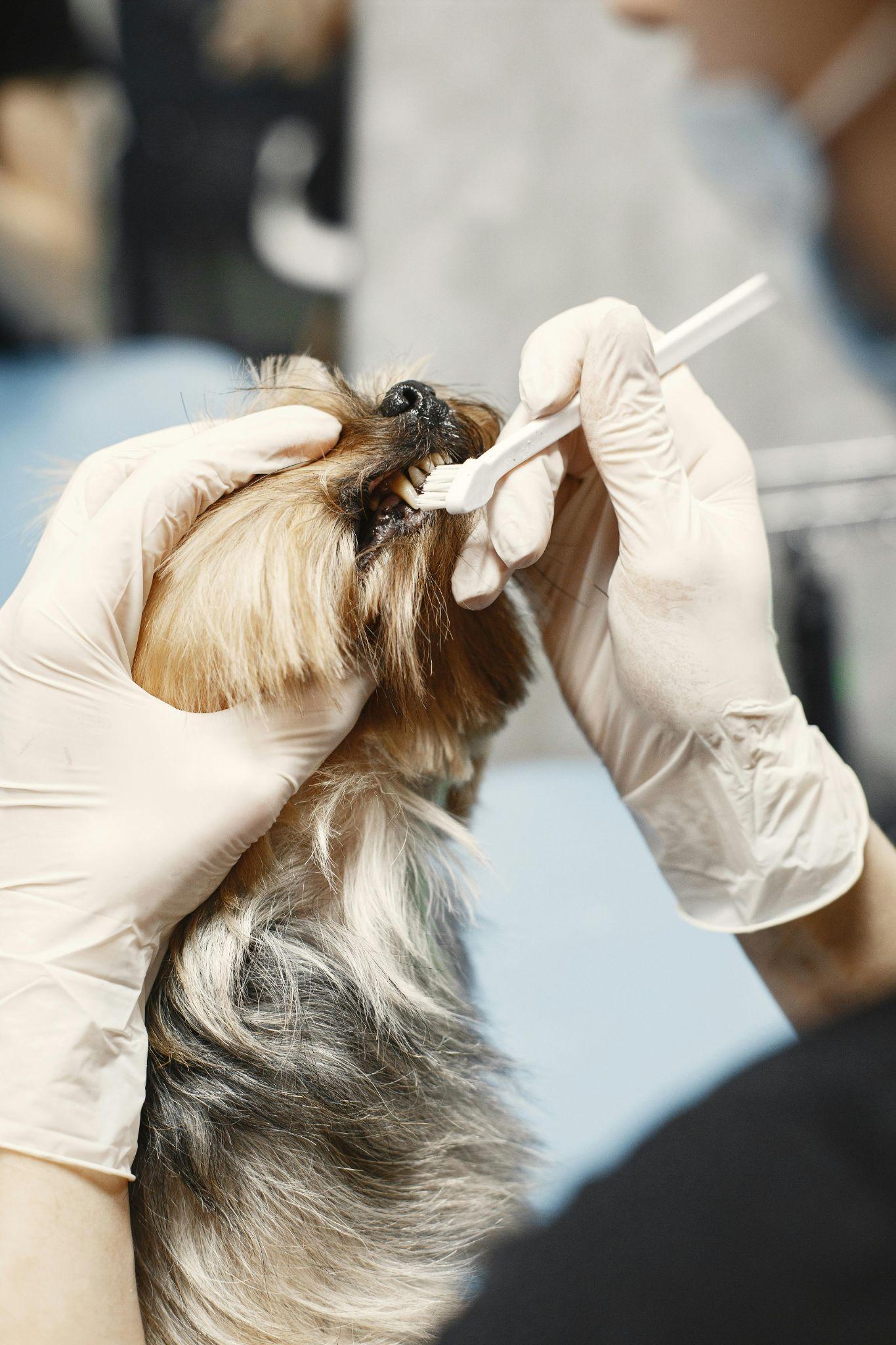
- Preventing Dental Disease: Regular dental check-ups help prevent plaque buildup and periodontal disease.
- Avoiding Pain: Dental problems can cause discomfort and pain, impacting your pet’s quality of life.
- Maintaining Fresh Breath: Good dental care helps keep your pet’s breath fresh.
What to Expect
- Cleaning: Professional cleaning to remove tartar and plaque.
- Examination: Checking for signs of dental disease or abnormalities.
- Recommendations: Guidance on home dental care and hygiene.
Nutritional Evaluation
Why It’s Important
- Tailored Diet: Ensuring your pet’s diet meets their specific health needs.
- Preventing Obesity: Monitoring weight and body condition to avoid obesity-related issues.
- Addressing Allergies: Identifying and managing any food allergies or sensitivities.
What the Evaluation Covers
- Diet Analysis: Reviewing your pet’s current diet and making recommendations.
- Weight Assessment: Checking for weight gain or loss.
- Nutritional Supplements: Advising on any necessary supplements.

Parasite Control and Prevention
Common Parasites
- Fleas and Ticks: Can cause skin irritation and transmit diseases.
- Heartworms: Affect the heart and lungs, potentially leading to serious health issues.
- Intestinal Worms: Can cause digestive problems and other health issues.
Preventative Measures
- Monthly Preventatives: Medications to prevent fleas, ticks, and heartworms.
- Regular Testing: Annual or biannual tests for parasites.
- Environmental Control: Keeping your pet’s living area clean and free of parasites.
Additional Check-ups for Specific Health Issues
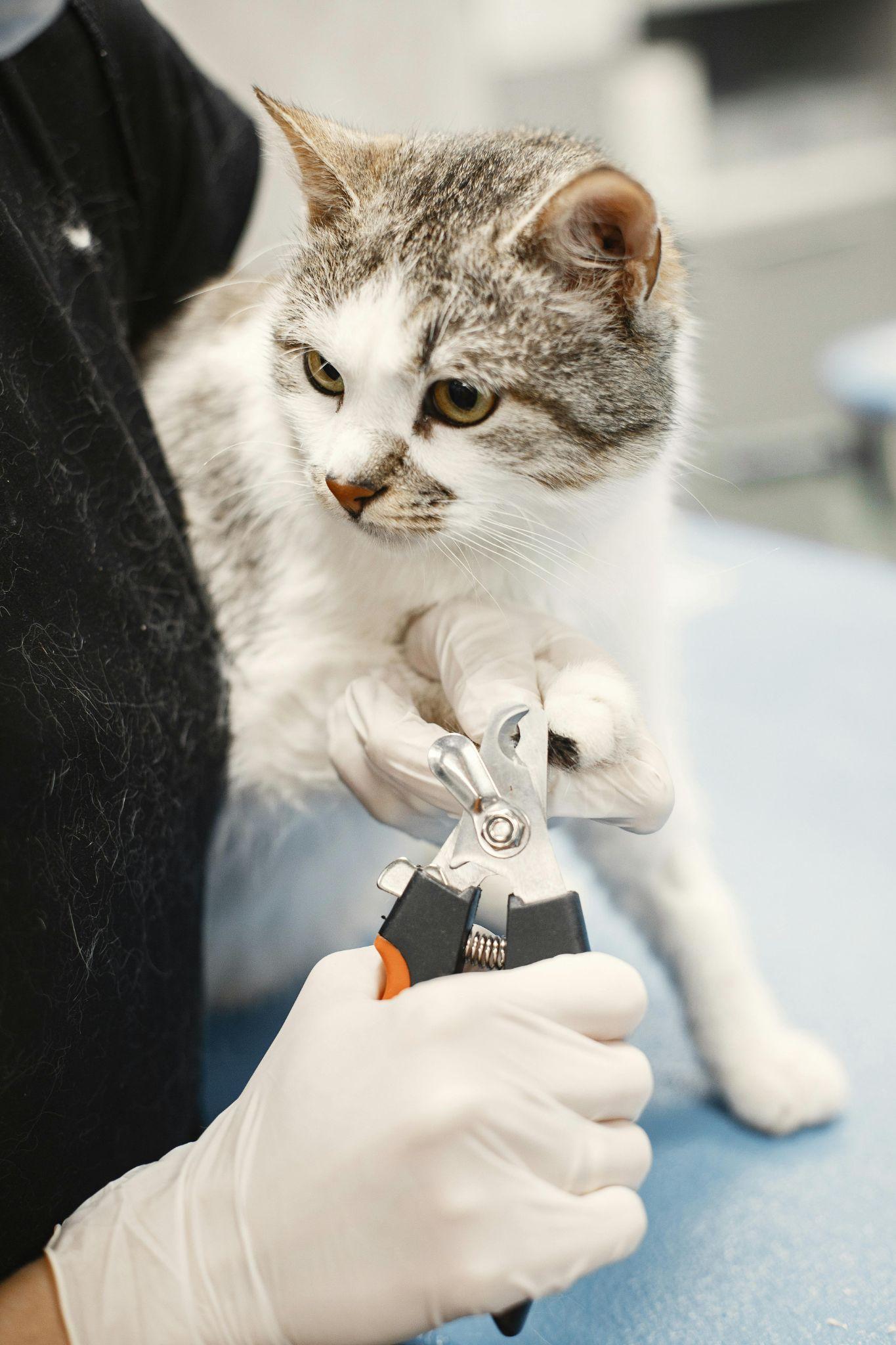
Some pets may require more specialized check-ups depending on their breed, age, or health status. https://truepetslove.com/how-to-keep-your-pet-safe-during-summer-vacation-a-complete-guide/
Senior Pet Care
Health Concerns for Older Pets
- Arthritis: Common in older pets and can affect mobility.
- Kidney Disease: More prevalent in senior pets and requires regular monitoring.
- Cancer Screening: Increased risk of cancer with age.
What to Focus On
- Pain Management: Identifying and managing signs of pain or discomfort.
- Routine Screenings: Regular blood work and urine tests.
- Lifestyle Adjustments: Modifications to diet and exercise to accommodate aging.
Breed-Specific Health Issues
Examples of Breed-Specific Concerns
- Bulldogs: Prone to respiratory issues due to their brachycephalic (flat-faced) structure.
- Dachshunds: Susceptible to intervertebral disc disease due to their long spine. https://truepetslove.com/
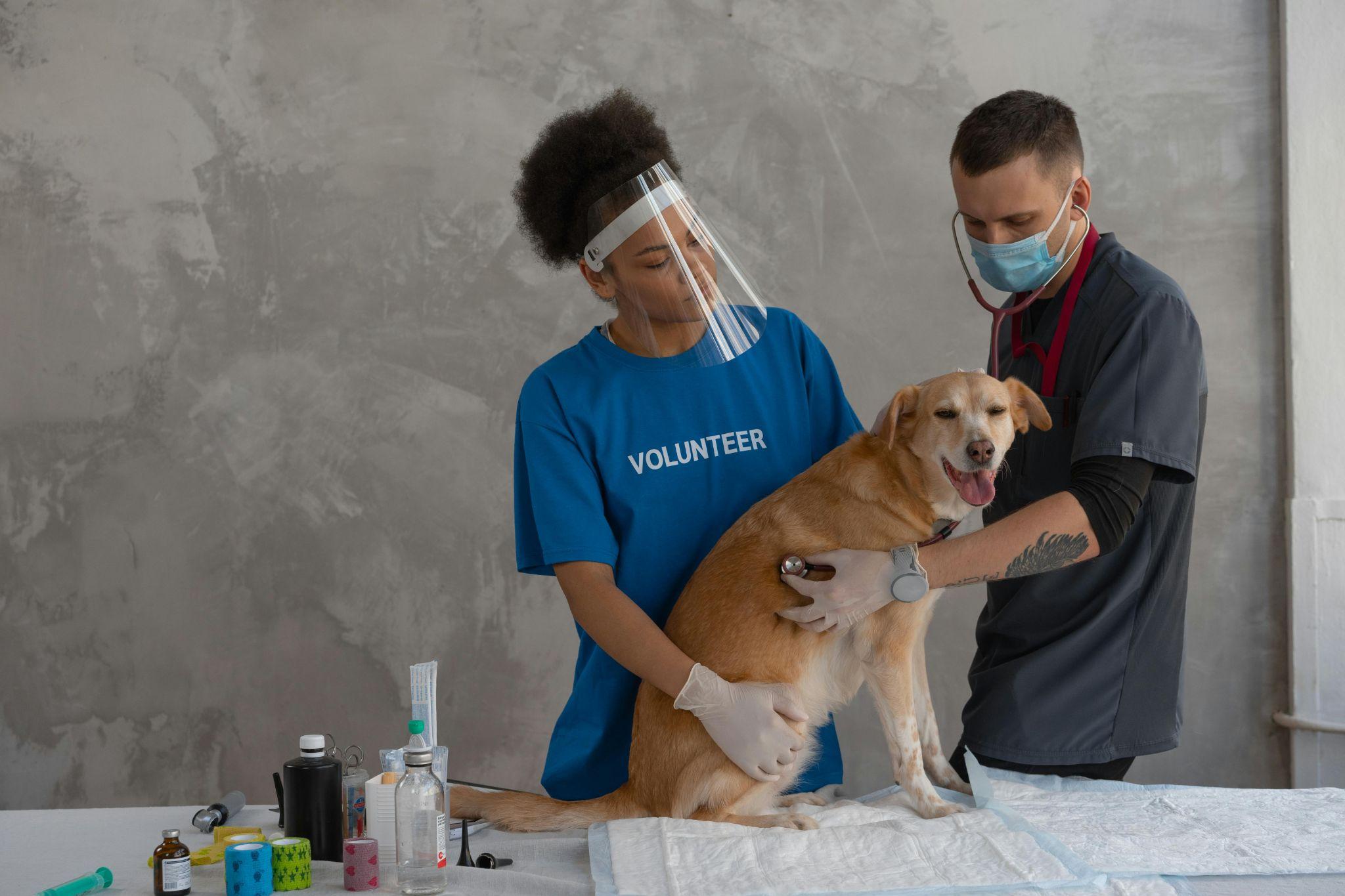
Tailored Check-ups
- Specialized Examinations: Focus on issues commonly associated with the breed.
- Preventative Measures: Strategies to minimize breed-specific health risks.
The pet health check-ups, routine vet visits, and essential pet exams outlined here are fundamental to maintaining your pet’s health and happiness. By staying proactive and adhering to these regular check-ups, you can ensure that your pet enjoys a long, healthy life. Remember, your veterinarian is your partner in providing the best care for your furry friend. Regular visits not only aid in early detection of health issues but also foster a strong bond between you, your pet, and your vet.
Caring for your pet involves more than just feeding and walking them; it requires a commitment to their overall health and well-being. Schedule those essential check-ups and stay informed about the best practices for your pet’s health. After all, a healthy pet is a happy pet, and your dedication is the key to ensuring they remain by your side for years to come.
